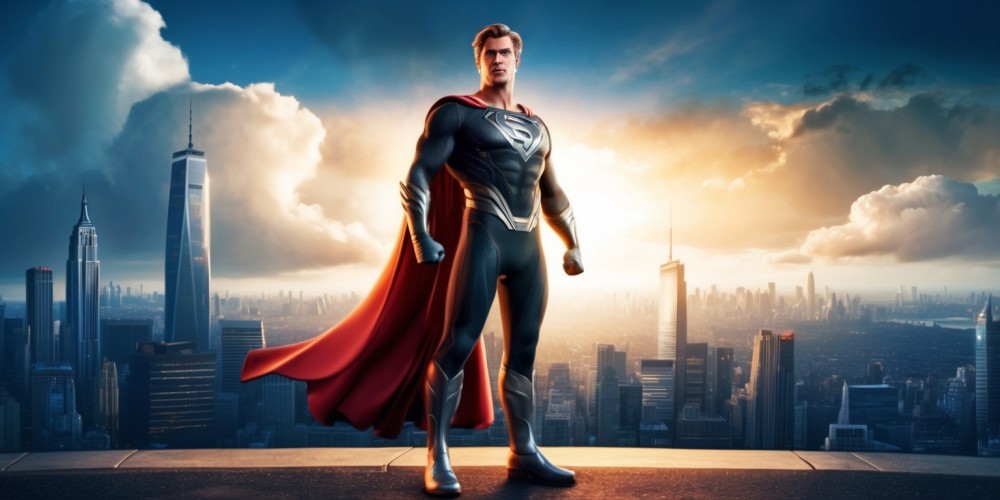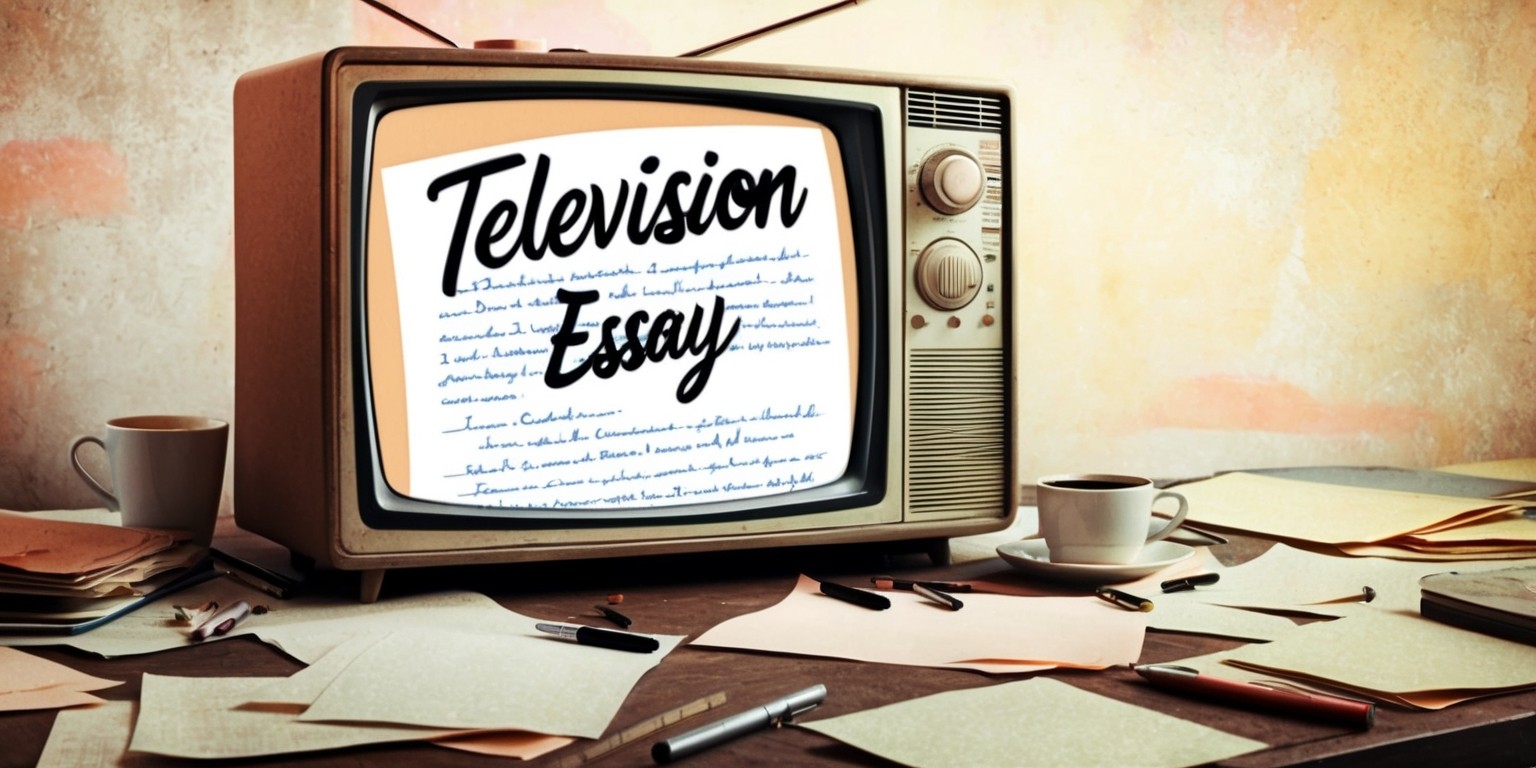The Dawn of the Virtuous Hero: Reimagining Television's Moral Landscape
- Nov 22, 2024
- 0

In a landscape dominated by morally ambiguous characters and dark narratives, there’s a stirring conversation about the return of traditional heroes in television storytelling. Vince Gilligan, the creative force behind some one of the most captivating series in contemporary television history, plays a pivotal role in this conversation. As he reflects on the evolution of television and the nature of its characters, it becomes clear that he believes audiences may be ready for a seismic shift away from the antiheroes that have long captivated viewers.
Reflecting on the Era of Antiheroes
For years, television has embraced complex characters teetering on the edge of morality. Iconic figures like Tony Soprano, Don Draper, and Walter White have become emblematic of this trend, leading viewers through thrilling plots full of ethical dilemmas. These characters have delivered captivating performances, infusing our televisions with a blend of charisma, cunning, and chaos.
The Shifting Narrative Landscape
However, as we step further into the current decade, Gilligan contemplates whether the genre's time-honored tropes might be due for a makeover. The dual nature of characters, a hallmark of modern storytelling, has proliferated to such an extent that it begs the question: is it now time to consider the return of the tried-and-true hero?
A Nostalgic Look Back
Drawing from his own television upbringing, Gilligan recalls a time when narratives were more straightforward. He reminisces about the clear moral divisions presented in classic 1950s and 1960s shows, where heroes donned white hats, while villains were easily identifiable in black. The simplicity of that dichotomy stands in stark contrast to today’s more muddled character portrayals.
Embracing the Complexity of Real Life

Yet, Gilligan acknowledges that real life defies such clear categorizations. He recognizes that people inhabit different shades of gray, often caught in moral conundrums. This complexity feeds the growing appetite for storytelling that reflects our multifaceted reality.
A Call for Character Evolution
What Gilligan proposes isn't a regression to the simplistic heroes of yesteryear, but an evolution of character development. He envisions flawed individuals who still aspire to do good, regardless of their imperfections. There's room for complexity, emotion, and moral struggle, but with a renewed focus on redemption and virtue.
What This Means for Future Storytelling
This shift in character portrayal may indicate a broader trend within the entertainment industry. After years spotlighting antiheroes, is there a collective craving for a counter-narrative where traditional virtues come back into focus? Gilligan is certainly leading the charge in exploring this concept.
Industry Perspectives
Carolyn Strauss, former HBO Entertainment President, supports Gilligan's sentiments, observing that viewers have become more discerning about the narratives they consume. Increased awareness and engagement shape our viewing habits, prompting a desire for stories with heart and hope.
Navigating Societal Changes
Tim Matheson, familiar to many from roles in politically charged dramas, shares this perspective, emphasizing the importance of content that resonates with real-life issues while still providing escapism. Although the allure of dark stories remains, the balance is shifting as audiences seek narratives that reflect resilience and integrity.
Complex Narratives Still Reign
During her influential tenure at HBO, Strauss curated groundbreaking shows known for their intricate storytelling and multifaceted characters. This experience highlights the need to explore the human condition, where virtue and vice blend, and morality becomes a spectrum rather than a binary.
Room for Heroes Amidst Villains
The balance of storytelling is crucial. Even in worlds laced with complexity, heroes still have a role to play. In a period marked by uncertainty and chaos, audiences may unite in their longing for characters who embody light, bravery, and ethical courage.
The Future of Television
As the stage is set for a fresh chapter of television, viewers are invited to engage with narratives that offer a glimpse of hope, positive change, and the human struggle for goodness. While antiheroes have carved out an essential place in our hearts, it may be time to balance their narratives with equally compelling stories of heroism and virtue.
Inviting Change Through New Characters
The next wave of storytelling may introduce characters who, while not perfect, grapple earnestly with their moral choices. They could inspire audiences to reflect on their virtues, with aspirations that resonate with a public increasingly yearning for uplifting narratives.
A New Direction in Spin-Offs
As discussions of spin-offs from iconic shows like Breaking Bad swirl, Gilligan’s vision suggests that potential new series may steer away from familiar antihero arcs and lean towards those who represent the goodness within the chaos of life. These narratives might harness the same intensity as their predecessors but pivot towards hope and moral clarity.
The Call for Change
Ultimately, the conversation surrounding the roles of heroes versus antiheroes reflects a broader cultural shift. Time will tell whether television’s storytelling landscape can embrace this transition. For now, audiences cling to the possibility of witnessing stories where righteousness finds its rightful place in the spotlight.
The Streaming Landscape's Evolution
As the sector responds to these changing preferences, platforms like Netflix continue to host some of the most iconic series from years past, reminding us that both heroes and antiheroes have their place within the tapestry of television history. The streaming era offers unique opportunities for storytelling that taps into these evolving audience desires.
Conclusion: Heroes, Come Forth
As Vince Gilligan urges us to reconsider the narratives we consume, we stand at a threshold, eager to embrace the emergence of new heroes in television. With each new story, there lies the chance to delve into the significance of be good in a world marked by complexity, reminding us that sometimes, the greatest victories are found in striving to do right in a world that often challenges our morals.
